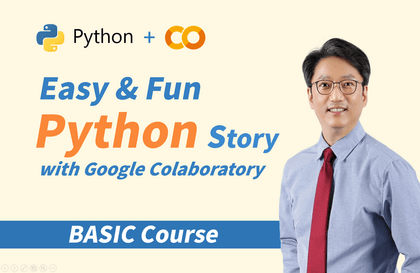
장래쌤과 함께하는 쉽고 재미있는 파이썬 이야기
장래쌤
전문 강사에게서 배우는 쉽고 재미있는 파이썬 이야기! 처음 배우는 분들을 위해 차근차근 강의를 진행합니다. 충분히 반복하며 학습할 수 있는 기회를 제공합니다.처음 파이썬을 배우는 분들에게 든든한 디딤돌이 될 것입니다.
입문
Python, 객체지향
Easy and fun SQL stories learned from professional instructors! Lectures are conducted systematically and step-by-step for beginners. We offer opportunities to learn with sufficient repetition through a 3-step learning process.
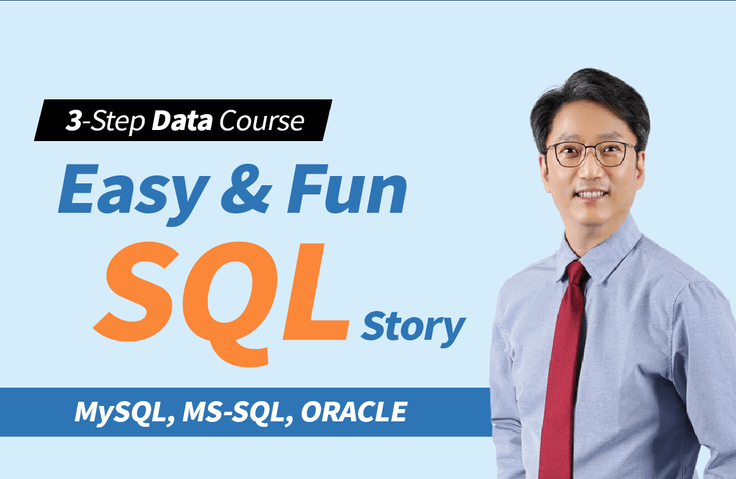
Conceptual organization of data
How to write basic SQL queries for data analysis
How to write SQL queries for multiple table searches
Understanding and utilizing over 50 different function features
How to write advanced SQL queries for efficient data analysis
Theory + Practice + Quiz all in one!
Everything about SQL, step by step ✅
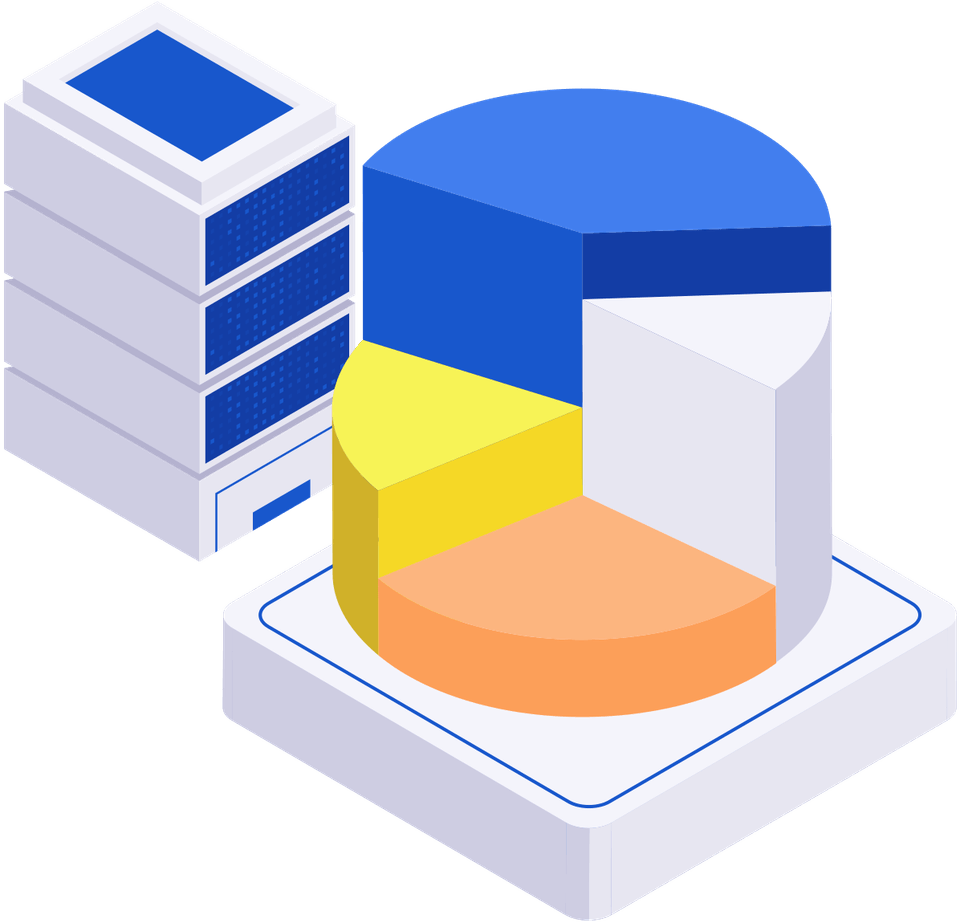
Learn the basics of using SQL to query, aggregate, and change data, and discover useful features and various functions for data analysis.

Repeat! Repeat! Repeat! For repeat learning, the whole process is carried out in three steps as follows.

You will first learn the overall content through a textbook that systematically organizes only the essential content. You will learn the content you will write later through examples of SQL statements.
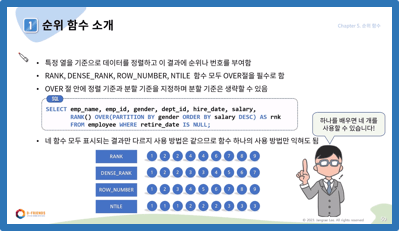
By executing actual SQL statements, you can review what you learned in theory classes and understand it more deeply. Learn by comparing the differences between MySQL, MS-SQL, and ORACLE syntax.
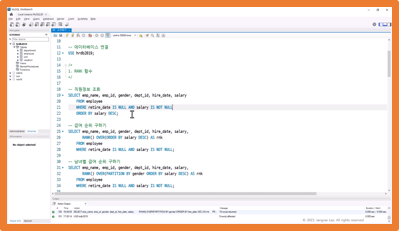
Learning SQL statements is all about repetitive learning. You can review and organize what you have learned by solving additional practice problems in a fun way, like taking a quiz.
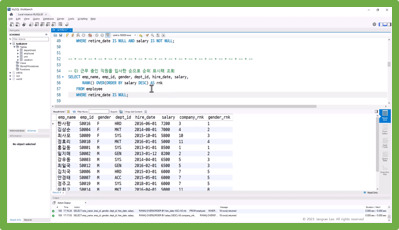


Q. Is this a lecture that non-majors can also take?
Yes, it is possible. We will proceed step by step while systematically learning the theory and practicing so that even those who are new to SQL can easily understand it. Take on the challenge with confidence~
Q. What DBMS is the lecture based on?
Based on ANSI SQL, you will learn SQL statements that can be used in all products such as MySQL, MS SQL, and ORACLE. Since a practical environment is required, we will use MySQL Workbench, which is the easiest to access. We will explain the differences from MS SQL or ORACLE while writing and executing SQL statements in the MySQL environment. In the case of functions, we will explain while comparing the functions used in MySQL, MS-SQL, and ORACLE. Therefore, it does not matter which DBMS you use.
Q. Is there anything I need to prepare before attending the lecture?
First of all, you must prepare your mind to study hard and enjoyably. Since sufficient explanations are given, you can listen without practicing, but if you listen to the lecture while practicing, you must install MySQL including Workbench. Download the practice materials, watch the preparation process video, and restore the learning database to be perfectly prepared for the class.
Who is this course right for?
For those who are learning SQL for the first time
For those who already know SQL but want to organize their knowledge systematically.
For those interested in obtaining the SQLD certification
303
Learners
22
Reviews
24
Answers
4.9
Rating
3
Courses
현) 디프렌즈 대표
현) 마이크로소프트 공인 강사
전) 마이크로소프트 데이터플랫폼 MVP
전) 씨퀄로 수석 컨설턴트
전) 웹타임교육센터 전임강사
전) 푸르덴셜생명보험 정보시스템 책임
[강의분야]
데이터베이스 개발자, 운영자 과정
데이터베이스 쿼리 튜닝 및 최적화 과정
파이썬, 데이터 전처리, 시각화 과정
파이썬 기반 데이터 분석, 머신러닝 과정
[저서]
디비로 누리는 특별한 세상, SQL Server 개발편
디비로 누리는 특별한 세상, SQL Server 운영편
이장래와 함께하는 SQL Server 운영과 개발 등
All
58 lectures ∙ (9hr 58min)
Course Materials:
All
12 reviews
4.8
12 reviews
Reviews 3
∙
Average Rating 5.0
Reviews 1
∙
Average Rating 5.0
Reviews 2
∙
Average Rating 5.0
Reviews 4
∙
Average Rating 5.0
Reviews 15
∙
Average Rating 4.7
$38.50
Check out other courses by the instructor!
Explore other courses in the same field!